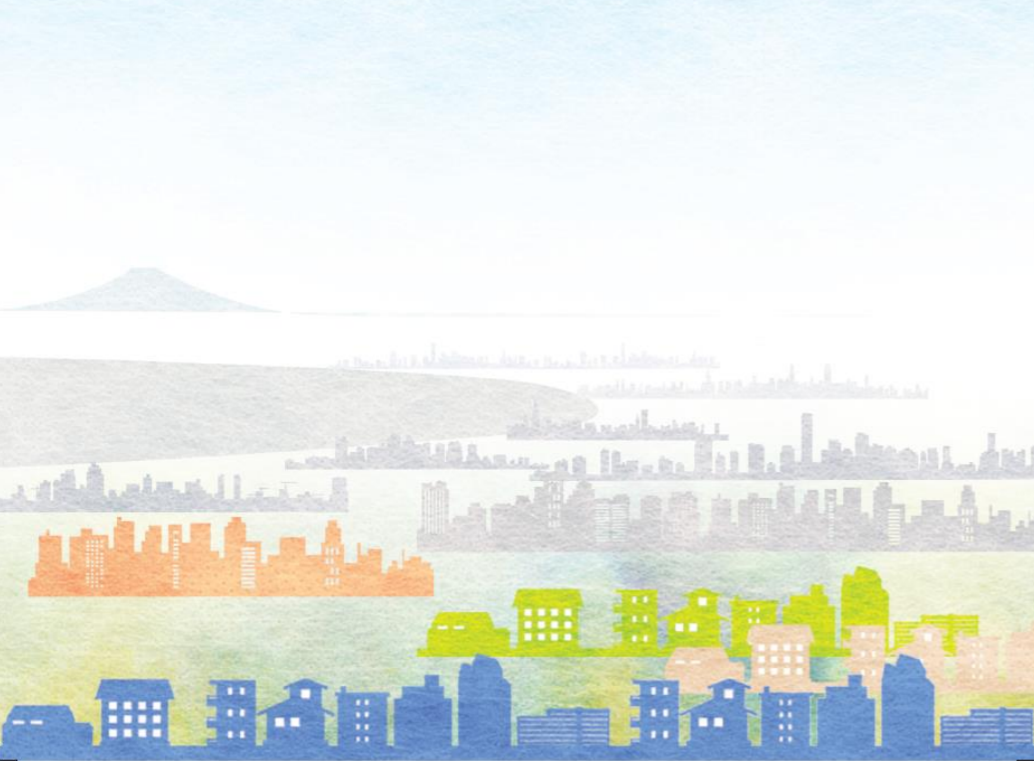Various Judgment Criteria
The last essay (No. en3) described the policy evaluation of “one person one vote” and “one yen one vote”. At that time, I considered policy evaluation on an individual basis. Behind an individual’s policy evaluation is his or her own value judgment, but the judgment criteria are also diverse.
Now suppose that you are a recruiter and face the following situation where you are going to hire one of two candidates, A and B. The scores on the common test for English, mathematics and Japanese (out of 100) are, in vector notation, A (100, 10, 40) and B (40, 50, 60). With this data alone, think about which candidate should be chosen.
A simple average score is 50 for both A and B, with the following differences: B has a smaller variance of scores than A and more stable scores. Comparing the highest scores, A has the highest ability level because B scored 60 in Japanese against A, who achieved 100 in English. Comparing the lowest scores, B has a higher level than A in the worst case scenario because A obtained 10 in math against B, whose lowest score was 40 in English. Comparing the median scores, B has a higher level than A because B managed 50 in math against A, who scored 40 in Japanese. There are differences in the candidates to be adopted depending on the comparison criteria, that is, the judgment criteria such as comparing average scores, comparing variances, comparing the highest scores, comparing the lowest scores, comparing the median scores, and comparing them in combination.
In addition, depending on what the recruiter expects from the candidate, for example, if you want a person with high English skills, you will ignore the ability of mathematics and Japanese, compare only the English scores, and hire A instead of B. To compare the superiority of the raw scores of A and B from among all participants in the common test, data such as the deviation value rather than the raw scores is needed. Needless to say, information other than common tests through resumes and interviews (as well as non-cognitive skills such as social activities, exercise capacity, communication skills, coordination, diligence, and perseverance, etc.) will also be considered when selecting candidates.
When there are multiple recruiters, each recruiter will choose between candidates A and B based on their own criteria, and how the set of recruiters’ choices leads to the final decision of the candidate depends on the final decision rules.
(Author: Akira Yokoyama)
This essay is the English version of No. 20, June 4, 2019 on the Japanese website.
